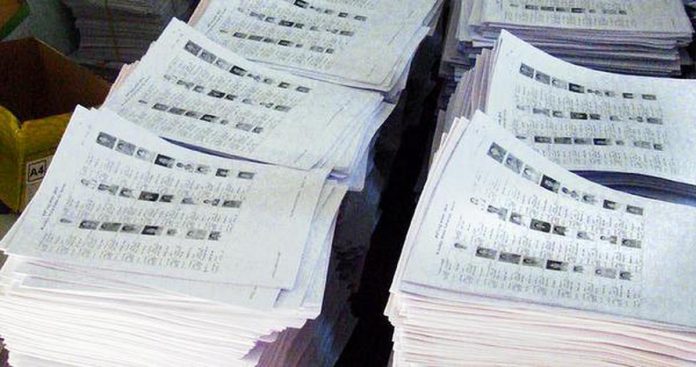The State Election Commission’s decision to revise the electoral roll schedule and extend the timeline for the final publication to January 15, 2025, is a prudent move that underscores the importance of accuracy and inclusivity in democratic processes. The revelation of significant discrepancies between Assembly and Panchayat rolls highlights systemic gaps that require immediate attention to ensure fair representation and electoral integrity. In the context of Jammu and Kashmir, where local governance structures like Panchayats and Municipalities have been without elected members for nearly a year, the urgency to restore these bodies cannot be overstated. The delay in conducting Panchayat and Municipal elections from October-November 2022 has left local governance structures in limbo. While the District Development Councils continue to function, the absence of Panchayats and Municipalities hampers grassroots development and weakens democratic accountability. Therefore, the timely conclusion of the ongoing revision and subsequent elections should be prioritised.
However, this restoration must not come at the expense of transparency or accuracy. The SEC’s directive to conduct house-to-house surveys and organise special camps is a step in the right direction to address the issue of unregistered or left-out voters. The ongoing process is also intricately linked with broader policy considerations, particularly the introduction of reservations for OBCs. The OBC Commission’s role in determining the percentage of reservations proportional to their population is a landmark initiative aimed at enhancing social justice. Ensuring that marginalised groups have adequate representation in local governance structures is a constitutional and moral imperative. However, it is equally important to expedite the Commission’s work to prevent further delays in the electoral process. It is essential for all stakeholders-including the government, political parties, and civil society-to support SEC’s efforts. Special attention should be given to public awareness campaigns to encourage voter participation during the revision process. Additionally, the use of technology and data analytics can play a crucial role in identifying and bridging the gaps in electoral rolls, thereby minimising human error and enhancing efficiency. The revised schedule provides an opportunity to address discrepancies comprehensively.


